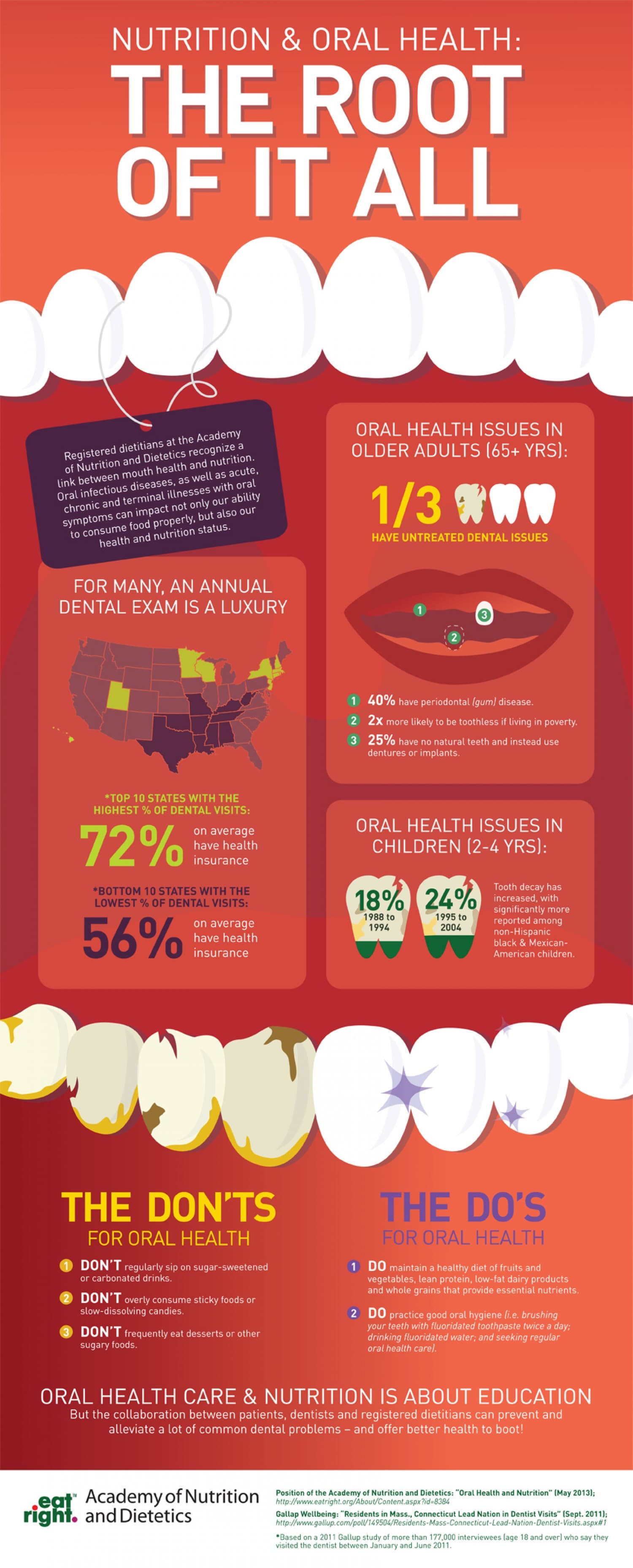A Pathway to Health: Explore the Value of Oral Health
Oral health often goes unnoticed in conversations about holistic wellness, yet it plays a critical role in our physical, emotional, and psychological well-being. Many people might not be aware that what occurs in our mouths can greatly influence various components of our health. From our ability to speak and enjoy meals to the way we present ourselves to the world, maintaining good oral hygiene contributes to our quality of life in a variety of ways.
The mouth acts as the gateway to our bodies, and neglecting oral health can lead to a number of systemic issues. Disorders such as cardiovascular disease, diabetes, and respiratory infections are all associated to poor oral hygiene. By prioritizing oral care, we can not only prevent dental problems like cavities and gum disease but also protect our total health. Understanding the importance of oral health is the first step toward a healthier and happier life.
A Link Between Dental Hygiene & Overall Well-being
Preserving good oral health is never just about possessing a shiny smile; it serves a critical role in your overall wellness. The mouth serves as a entrance to the body, and inadequate oral hygiene can lead to numerous health concerns. When harmful bacteria from dental problems such as gum disease or tooth decay enter into the bloodstream, they can lead to systemic diseases like heart disease, diabetes, and respiratory infections. This underscores the value of routine dental check-ups and proper oral care as core practices for supporting overall health.
Moreover, oral health can notably impact one’s quality of life. Problems such as persistent pain from dental issues, bad breath, or missing teeth can influence self-esteem and social engagement. People with bad oral health may find themselves pulling away from social settings, which can result in feelings of isolation and depression. On the other hand, taking preventive steps to maintain oral health not only enhances one's appearance but also fosters confidence and positive interpersonal relationships.
Ultimately, there is a rising recognition of the interdependence between oral health and overall wellness in the healthcare sector. Increasing evidence shows that improving oral health can lead to better outcomes in other areas of health. Efforts that feature oral health education and preventive practices into regular health care promote a holistic approach to wellness, ensuring that more people understand the important role their oral health has in influencing their overall health and well-being.
Common Oral Health Concerns and Their Impact
Oral hygiene issues can appear in various forms, with tooth decay being one of the most prevalent. These cavities, resulting by the decay of dental enamel due to acidic substances secreted by microorganisms, can lead to intense discomfort and disease if not treated promptly. citydent with unaddressed cavities may face difficulties in chewing, talking, and ensuring overall comfort. Additionally, cavities can escalate to more serious conditions, such as abscesses, which require surgical treatment and can result in tooth loss if not addressed early.
Gum disease is an additional major concern regarding oral health. It begins with gingivitis, characterized by inflammation and bleeding of the gums, and can advance to severe gum disease, which involves the supporting structures of the dental arches. This condition not only leads to dental mobility and loss but can also have significant repercussions on one’s general health. Research suggests that there is a correlation between periodontal disease and multiple overall conditions, such as heart disease and diabetes, emphasizing the link of oral and overall well-being.
Bad breath, or oral malodor, can also be a common oral health issue that impacts self-esteem and relationships. Often a result of poor oral hygiene, dry mouth, or underlying health problems, persistent bad breath can lead to embarrassment and reluctance to participate in social situations. Addressing halitosis requires a comprehensive approach that includes enhanced oral hygiene practices and routine dental checkups to confirm that potential underlying causes are effectively managed.

Tips for Maintaining Good Oral Hygiene
Maintaining excellent oral hygiene is essential for overall health and well-being. Commence by brushing your teeth at least twice a day with fluoride toothpaste. Employ a soft-bristled toothbrush and make sure to brush for 2 minutes, ensuring you cover all surfaces of your teeth. Don't forget to brush your tongue as well, as bacteria can build up there and impact your breath. Consistently replacing your toothbrush every three to 4 months is also crucial to ensure effective cleaning.
Flossing on a daily basis is crucial to get rid of food particles and plaque from areas that your toothbrush cannot reach. Create it a habit to floss before brushing your teeth. This helps to prevent gum disease and cavities between your teeth. Think about using mouthwash for an extra boost in freshening your breath and killing bacteria. Selecting an antibacterial mouthwash can also aid in reducing plaque buildup and promoting better gum health.
Lastly, regular dental check-ups and cleanings are crucial to maintaining good oral health. Aim to visit your dentist every six months for a professional cleaning and examination. Your dentist can spot any potential issues early on and provide tailored advice tailored to your oral health needs. Merging these practices will not only lead to a whiter smile but will also substantially contribute to your overall health and wellness.